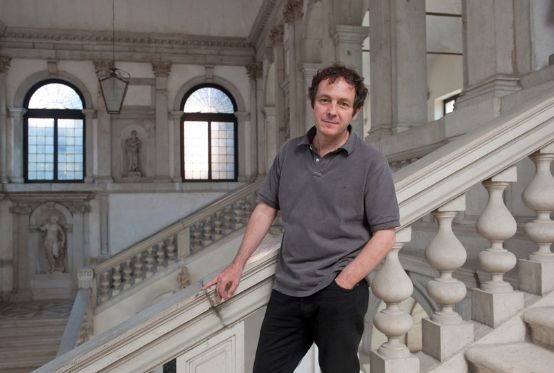Pedro Memelsdorff receives the Heije Prize
The musicological medievalist and director of the Schola Cantorum Basiliensis of the FHNW School of Music was honored with the prestigious Jan Pieter Heije Prize in Utrecht on 12 April.

Every five years, the jury awards this prize to forward-looking musicological dissertations that either deal with Dutch music or were submitted and defended at a Dutch university. Pedro Memelsdorff was honored for his research as part of his dissertation The Filiation and Transmission of Instrumental Polyphony in Late Medieval Italy: The Codex Faenza 117 was awarded. In it, he analyzes completely new aspects of this central manuscript from the 15th century. In his laudatory speech, jury president Francis Maes from the University of Ghent called the dissertation "one of the most important books on late medieval music written in the last ten years".
Memelsdorff's doctoral thesis is divided into three sections: The first examines the physical characteristics of the manuscript and reveals the process of its creation and compilation, as well as the traces left on it by medieval users. The second section traces the history of each individual piece of the older layer of the manuscript by collating the 50 intabulated instrumental diminutions preserved in the Codex Faenza with vocal versions of other manuscripts for the first time and interpreting them in terms of genre history. Finally, in the third part, Faenza 117 and two manuscripts newly discovered by Memelsdorff are compared. One, which can be dated to around 1400-1420, sheds completely new light on the instrumental diminutions of Faenza's older layer; the other, dated to the 1480s, contains the first concordances to Faenza's younger layers and provides information about their social and cultural background








